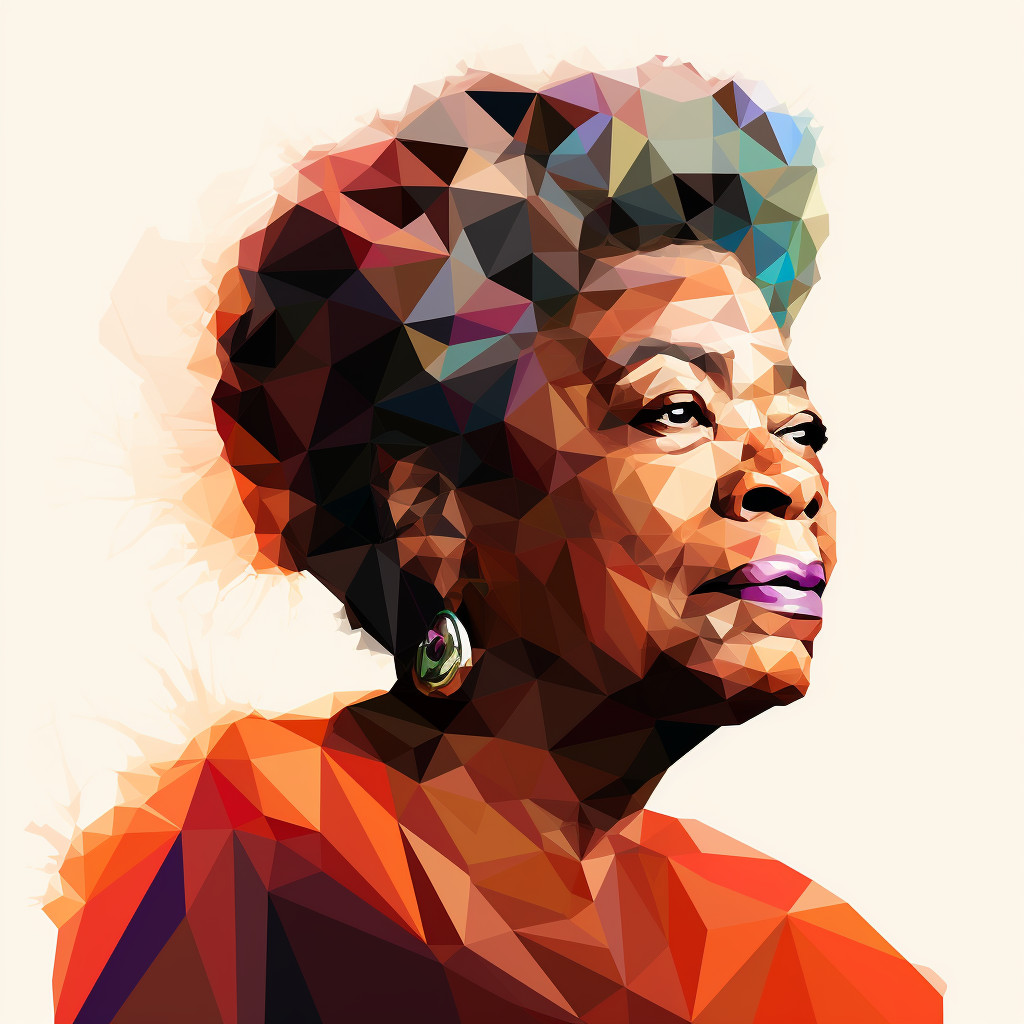'Tragedy' Quotes
Tragedy quotes hold immense significance as they capture the essence of human suffering and the struggle to find meaning in the face of adversity. These quotes have been a source of inspiration and comfort for individuals and society throughout history, reminding us of the fragility of life and the…Read More
Tragedy quotes hold immense significance as they capture the essence of human suffering and the struggle to find meaning in the face of adversity. These quotes have been a source of inspiration and comfort for individuals and society throughout history, reminding us of the fragility of life and the resilience of the human spirit. From ancient Greek playwrights to modern-day philosophers, tragedy quotes have influenced and shaped the way we perceive and cope with tragedy. They have also served as a powerful tool for famous figures, such as Martin Luther King Jr. and Nelson Mandela, to inspire change and unite people in times of tragedy. Despite the passage of time, tragedy quotes continue to resonate and motivate people, reminding us of the universal human experience and the power of hope in the face of tragedy.Read Less
Tragedy quotes hold immense significance as they capture the essence of human suffering and the struggle to find meaning in the face of adversity. These quotes have been a source of inspiration and comfort for individuals and society throughout history, reminding us of the fragility of life and the resilience of the human spirit. From ancient Greek playwrights to modern-day philosophers, tragedy quotes have influenced and shaped the way we perceive and cope with tragedy. They have also served as a powerful tool for famous figures, such as Martin Luther King Jr. and Nelson Mandela, to inspire change and unite people in times of tragedy. Despite the passage of time, tragedy quotes continue to resonate and motivate people, reminding us of the universal human experience and the power of hope in the face of tragedy.
280 Remarkable 'Tragedy' Quotations and Sayings
Tragedy – Symbolic Value
Tragedy is a concept that has been explored and portrayed in various forms of art and literature throughout history. It is often associated with sadness, loss, and suffering, but it also holds a deeper symbolic value. The word “tragedy” comes from the Greek word “tragōidia” which means “goat song”. This term was used to describe the ancient Greek plays that were performed during religious festivals, where a goat was sacrificed to honor the god Dionysus. This symbolic value of tragedy is still relevant today, as it represents the sacrifice and suffering that is often necessary for growth and transformation.
Tragedy – Cultural and Historical Significance
Tragedy has played a significant role in shaping cultures and societies throughout history. In ancient Greek and Roman societies, tragedy was seen as a form of catharsis, where the audience could experience and release their emotions through the tragic events portrayed on stage. It was also used as a means of moral education, as the downfall of the tragic hero served as a warning against hubris and the consequences of defying the gods.In Shakespearean times, tragedy was a popular genre in theatre, with plays like “Hamlet” and “Macbeth” exploring themes of betrayal, revenge, and fate. These plays not only entertained the audience but also reflected the political and social issues of the time. Tragedy continued to evolve in the 19th and 20th centuries, with writers like Arthur Miller and Tennessee Williams using it to comment on the human condition and societal norms.
Tragedy – Common Themes in Motivational Contexts
Tragedy is often used as a motivational tool, as it highlights the struggles and challenges that individuals face in their lives. It reminds us that even the most successful and powerful individuals are not immune to tragedy and that it is a part of the human experience. The common themes of tragedy, such as loss, betrayal, and redemption, can serve as a source of inspiration and motivation for individuals to overcome their own struggles and hardships.
Tragedy – Portrayal in Art and Media
Tragedy has been a popular subject in various forms of art and media, including literature, theatre, film, and music. It allows artists to explore the complexities of the human experience and evoke strong emotions in their audience. In literature, tragic stories like “Romeo and Juliet” and “The Great Gatsby” have become timeless classics, while in film, tragedies like “Schindler’s List” and “The Shawshank Redemption” have left a lasting impact on audiences.In music, tragedy has been a source of inspiration for many artists, with songs like “Tears in Heaven” by Eric Clapton and “Hurt” by Johnny Cash exploring themes of loss and grief. Tragedy has also been portrayed in visual art, with paintings like “The Scream” by Edvard Munch and “Guernica” by Pablo Picasso depicting the horrors of war and tragedy.
Tragedy – Impact on Understanding of Life and Society
Tragedy has a profound impact on our understanding of life and society. It reminds us of the fragility of life and the inevitability of suffering. It also challenges our beliefs and values, forcing us to question our own mortality and the meaning of our existence. Tragedy can also bring people together, as it creates a sense of empathy and understanding among individuals who have experienced similar tragedies.In conclusion, tragedy is a complex and multi-faceted concept that holds a deep symbolic value and has played a significant role in shaping cultures and societies throughout history. It continues to be a source of inspiration, motivation, and reflection, reminding us of the human experience and our own mortality. Whether portrayed in art, literature, or media, tragedy will always hold a special place in our understanding of life and society.













![[The Bible] is been my passion almost from my youth.](https://quotesguide.s3.amazonaws.com/output/the-bible-is-been-my-passion-almost-from-my-youth.jpg)


